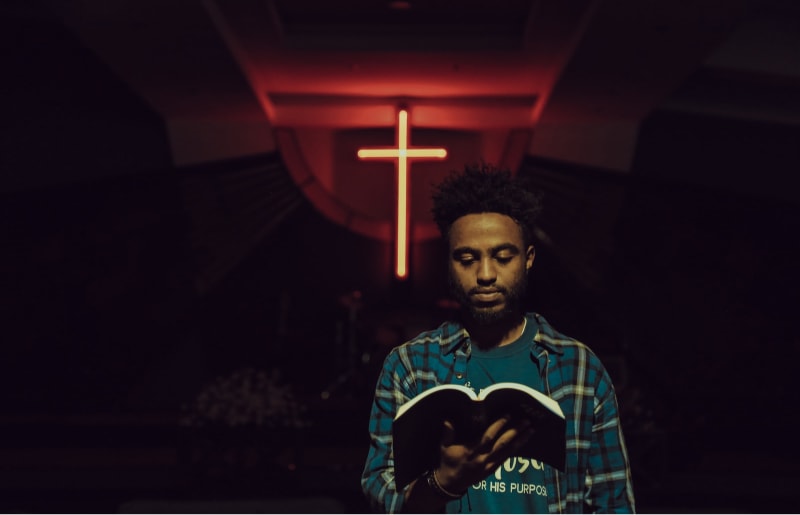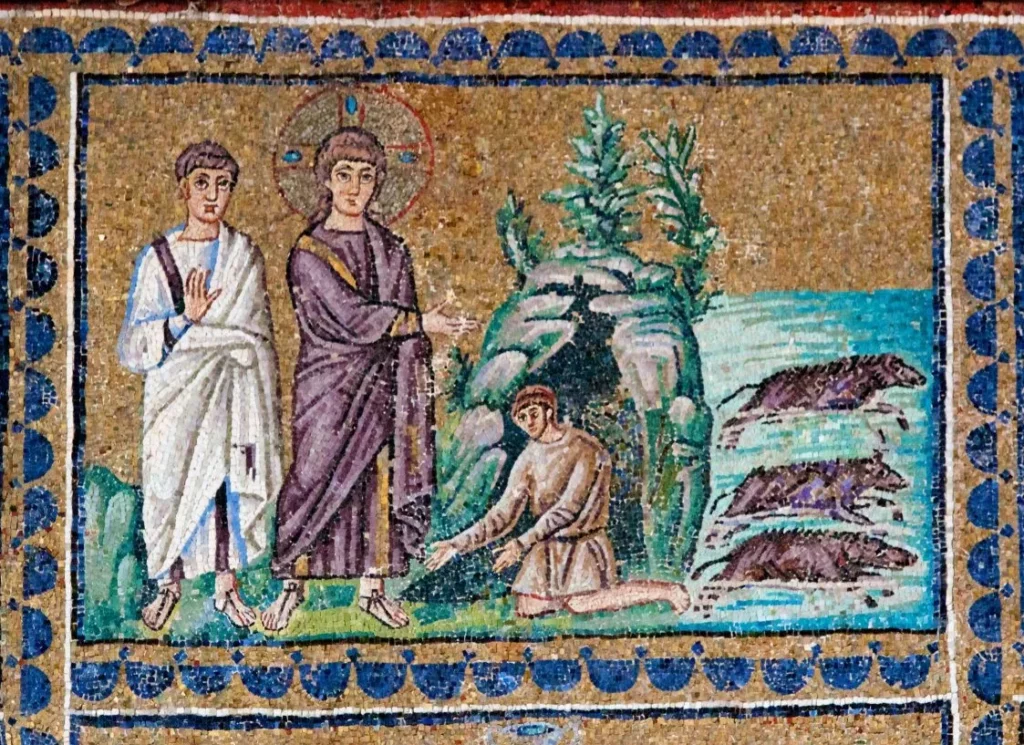Bitcoin is a decentralized digital currency, created in 2009, that operates independently of a central bank. It allows for peer-to-peer transactions without the need for intermediaries. Christianity has a complex relationship with money. On one hand, it is seen as a necessary evil in this world, and on the other hand, it is seen as an obstacle to true spiritual wealth. Jesus taught his followers to be wise stewards of their money and warned against the dangers of wealth.
For where your treasure is, there your heart will be also.
Matthew 6:21
Anonymity of Bitcoin
The anonymity of Bitcoin transactions has raised moral questions about its use for illegal activities such as money laundering and funding of illegal organizations. Christians are divided on the issue, with some seeing it as a tool for evil, and others as a tool for good.
Bitcoin and Decentralization
The decentralized nature of Bitcoin, which operates independently of a central bank or government, goes against the traditional centralization of money and finance. This has raised questions about the compatibility of Bitcoin with Christian beliefs. Decentralization means that there is no central authority controlling the flow of funds and transactions, making it a more democratic system of finance. However, it also means that there is less government oversight and regulation, which can raise concerns about its potential use for illegal activities such as money laundering and funding of illegal organizations. Christians must consider whether this decentralized nature aligns with their values and beliefs, and whether it promotes or hinders financial responsibility and stewardship.
Stewardship is a key concept in Christianity, and it refers to the responsible management of resources. Bitcoin advocates argue that its decentralized nature promotes financial freedom and allows for more responsible stewardship of money.
The trust placed in traditional financial institutions has been shaken in recent years by various financial scandals.
The Catholic Church has taken a cautious approach to Bitcoin, recognizing its potential but also highlighting the need for caution and ethical considerations. Pope Francis has spoken out against the “idolatry of money” and the dangers of wealth, and these teachings apply to all forms of money, including digital currencies.
The Catholic Church and Bitcoin
The Catholic Church has taken a cautious approach to Bitcoin, recognizing its potential but also highlighting the need for caution and ethical considerations. Pope Francis has spoken out against the “idolatry of money” and the dangers of wealth, and these teachings apply to all forms of money, including digital currencies.
Protestant Views on Bitcoin
Protestant denominations have a diverse range of views on Bitcoin, from cautious skepticism to enthusiastic support. Some see it as a tool for greater financial freedom and responsibility, while others see it as a threat to traditional financial systems and Christian values.

The Catholic Church has taken a cautious approach to Bitcoin, recognizing its potential but also highlighting the need for caution and ethical considerations. Pope Francis has spoken out against the “idolatry of money” and the dangers of wealth, and these teachings apply to all forms of money, including digital currencies.
Conclusion
The relationship between Christianity and Bitcoin is complex and controversial. Christians must consider the implications of this new financial system and decide for themselves whether it aligns with their beliefs and values.
Key Points
- Bitcoin is a decentralized digital currency
- Christianity has a complex relationship with money
- The decentralized nature of Bitcoin raises questions about its compatibility with Christian beliefs
- Bitcoin transactions are anonymous, raising moral questions









